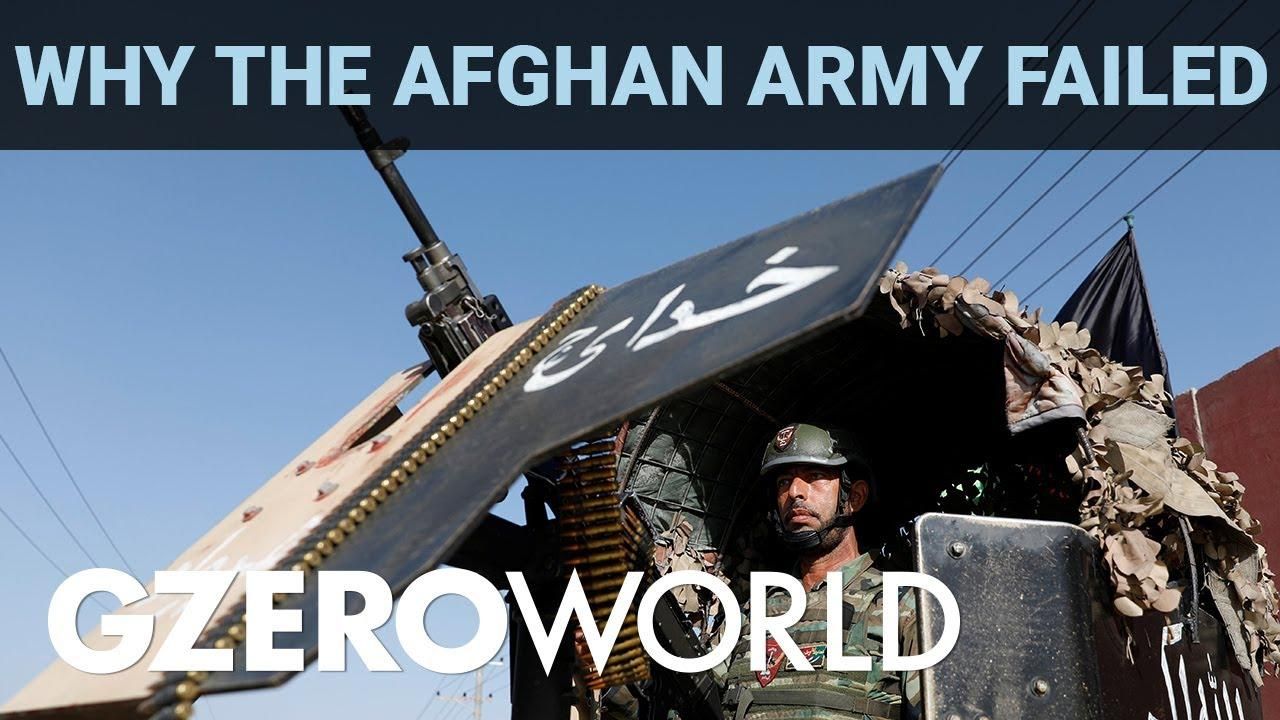
US Afghanistan Withdrawal: a “Digital Dunkirk” | GZERO World
Could the US have done a better job at getting out of Afghanistan?
Certainly, says former US marine and CIA officer Elliot Ackerman, who recalls how calls for an evacuation plan fell on deaf ears in the Pentagon and the White House. Expediting the Special Immigrant Visa (SIV) program for Afghan allies could have been handled better as well.
The problem, he tells Ian Bremmer on GZERO World, is that America thought it'd have a bit of time before the Taliban took over. That was the wrong call.
And now it's much harder to get Afghans out with no presence or networks inside the country.
Watch the GZERO World episode: The fallout from US Afghanistan withdrawal: a Marine's perspective
From Your Site Articles
- Afghanistan: Four key failures - GZERO Media ›
- How the lessons of Vietnam and Afghanistan can help the US face ... ›
- Taliban, Afghan people face economic collapse, says former central ... ›
- Don't blame Afghan army for Taliban takeover: Pashtana Durrani ... ›
- The Graphic Truth: Who controls Afghanistan? - GZERO Media ›